No one changed the World alone.
Let us help.
About Us
Forge G.R. is a leading boutique government relations firm specializing in providing tailored services to clients seeking to navigate the complex landscape of government policies, regulations, and strategic relationships. With our extensive experience and deep understanding of the intricacies of government affairs, we are dedicated to helping clients achieve their objectives and effectively advocate for their interests.
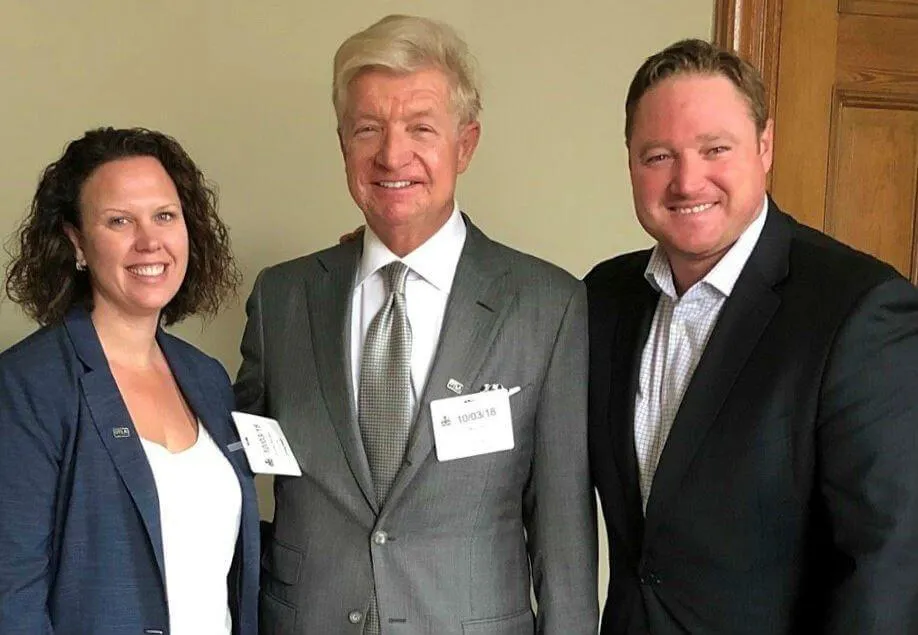
Our Team
Taras Natyshak, Principal

Taras Natyshak served as the Member of Provincial Parliament for Essex from 2011 to 2022. During his tenure, Taras held critical roles as an opposition member for the Ontario NDP, serving as critic for various portfolios, including Labour, Infrastructure, Economic Development & Employment, Job Creation & Economic Recovery, Small Business, International Trade, Digital Government, Ethics and Accountability, and Community Safety & Correctional Services.
In addition to these responsibilities, Taras assumed leadership roles such as Chair of the Standing Committee on Public Accounts (2021-2022), Vice Chair of the Standing Committee Government Agencies, Vice Chair of the Standing Committee on Estimates, and Member of the select Committee on Sexual Violence and Harassment.
Taras has dedicated his efforts to representing industry groups, labor associations, non-profit agencies, and individual community members. He resides in Belle River, Ontario, with his wife Jennifer and their children, Airika and Drake.
Ramiro Mora, associate

Ramiro is a registered lobbyist in Ontario and British Columbia and has previously lobbied in Alberta, Manitoba and federally. He has helped secure public and private funding, government contracts, as well as legislative and regulatory changes. Prior to this, he worked at the Ontario Legislature where he served as a Senior Advisor to the Leader of an opposition party. During this time he advised and strategized throughout the legislative process, met and discussed policies with a variety of corporate, union and not-for-profit stakeholders and worked with all political parties to draft and negotiate legislation into law.
Ramiro has worked as a political organizer and volunteered in various roles for political parties across Canada for all levels of government and was a former provincial candidate. Prior to his political work, Ramiro was employed in the corporate sector and with his family’s small business. He holds a Master of Business, a Bachelor of Laws and Bachelor of Arts in Political Science and studied at the University of Economics in Prague and taught English to business professionals in China. He speaks Spanish fluently.
Ari Laskin, associate

Ari Laskin has an extensive background in advocacy, strategic planning and communications, and leadership management. Prior to entering the private sector, Ari held several senior
positions within Ontario provincial government in both the Office of the Premier of Ontario as the executive director of strategy and as the Chief of Staff at the Ministry of Colleges and Universities. In this latter role, Ari was instrumental in promoting the work of the postsecondary sector and the need to ensure a stable labour workforce development strategy.
Ari focuses his current consultancy practice helping clients find out of the box solutions for their most pressing problems. From helping organizations bridge policy gaps to establishing
themselves as reputable leaders in their own sectors, Ari has honed these skills with several milestones achieved for his clients.
Our Services
Forge GR collaborates directly with clients spanning various backgrounds and sectors, encompassing industry, corporate, labor, nonprofit, NGOs, and local governments. We customize your objectives into high-impact campaigns that precisely target the intended audience, facilitating a cost-effective and efficient path to achieving your goals.
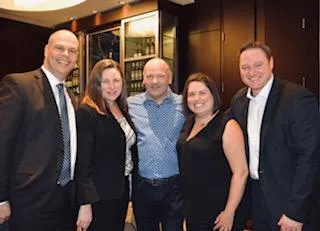
Strategic Goal Coordination
Strategic goal coordination involves aligning and coordinating the objectives and actions of an organization or a team towards achieving a common goal. It includes developing a clear vision, setting specific goals, and creating a roadmap to guide the organization's activities. This process ensures that all efforts are focused and coordinated to maximize the impact and effectiveness of the organization's work.

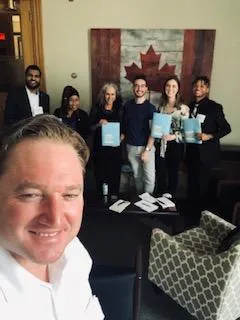

Research, Analysis, Data, and Analytics
Research, analysis, data, and analytics are essential components of decision-making and strategy development. This may involve conducting thorough research, gathering relevant data, and using analytical tools to derive insights and make informed decisions. It helps in understanding market trends, customer behavior, and identifying opportunities and challenges. By leveraging data and analytics, organizations can optimize their strategies, improve performance, and gain a competitive advantage.
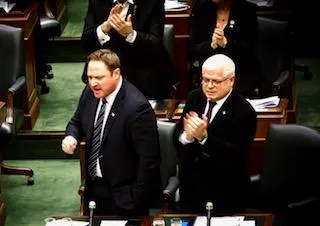
Stakeholder Mapping
Stakeholder mapping is the process of identifying and analyzing individuals, groups, or organizations that have an interest or influence in a particular project or initiative. It involves understanding the needs, expectations, and concerns of different stakeholders and mapping their relationships and power dynamics. Stakeholder mapping helps in developing effective communication and engagement strategies, managing relationships, and ensuring stakeholder buy-in and support for the organization's goals and initiatives.

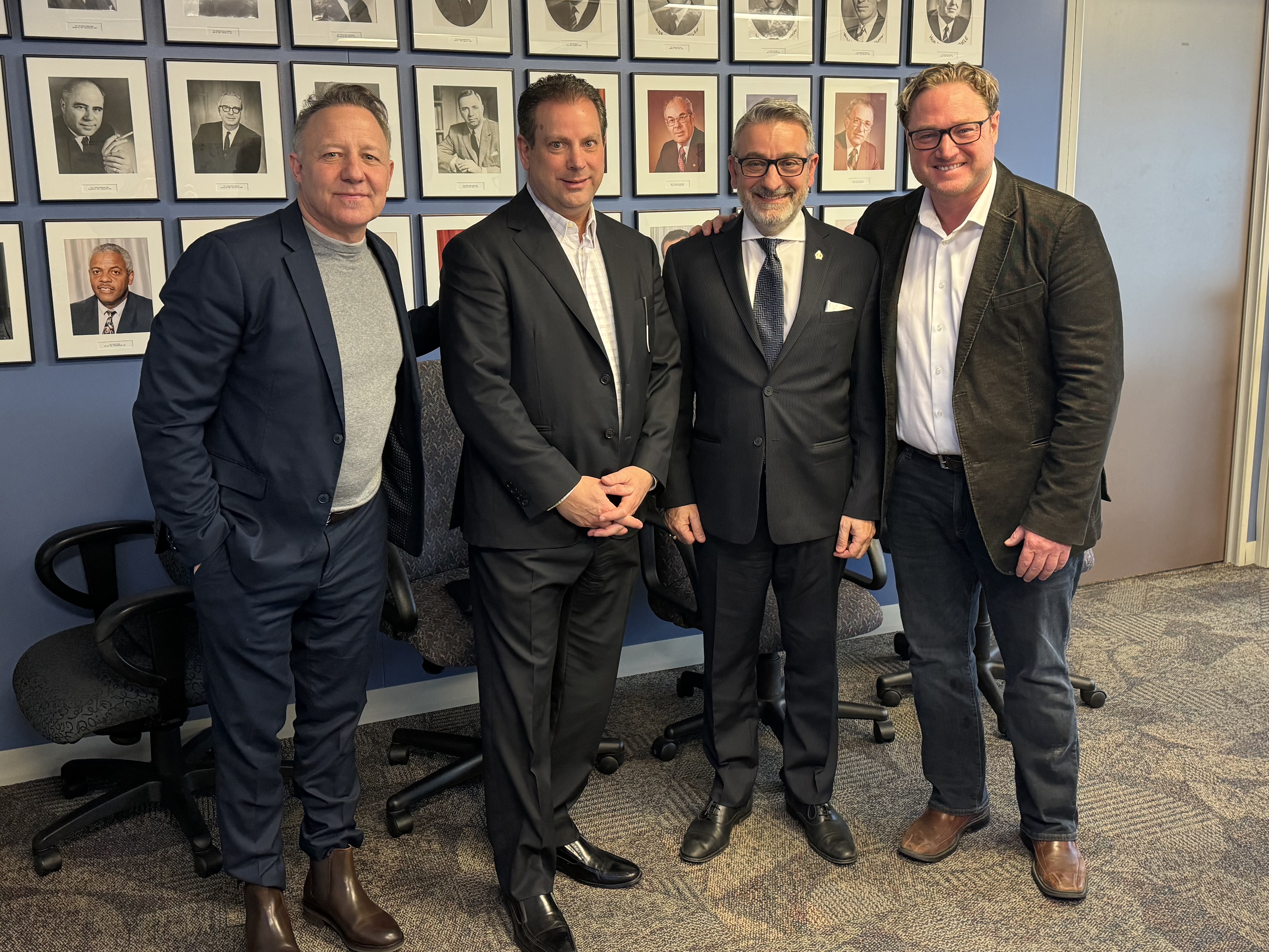
Government Relations
Building and maintaining relationships with government officials, agencies, and policymakers. It includes activities such as monitoring legislative and regulatory developments, engaging in policy advocacy, and providing input on policy formulation. Effective government relations help organizations navigate the political landscape, influence decision-making processes, and shape policies and regulations that are favorable to their interests.

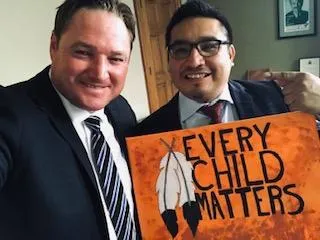
Public Relations and Communication
Public relations (PR) and communication play a crucial role in managing the reputation and image of an organization. It involves developing and implementing strategies to effectively communicate with various stakeholders, including media, customers, employees, and the general public. Using different channels and tactics, such as media relations, social media, and events, to promote positive public perception, manage crises, and build strong relationships with key stakeholders.


Decadent Desserts
End your meal on a sweet note with
our delightful desserts that are the
perfect finishing touch.

Coalition Building
Forming alliances and partnerships with other organizations, groups, or individuals who share common goals or interests. We aim to leverage collective strength and resources to achieve shared objectives. Coalition building requires effective networking, collaboration, and coordination among diverse stakeholders. By joining forces, organizations can amplify their impact, pool resources, and advocate for common causes more effectively.
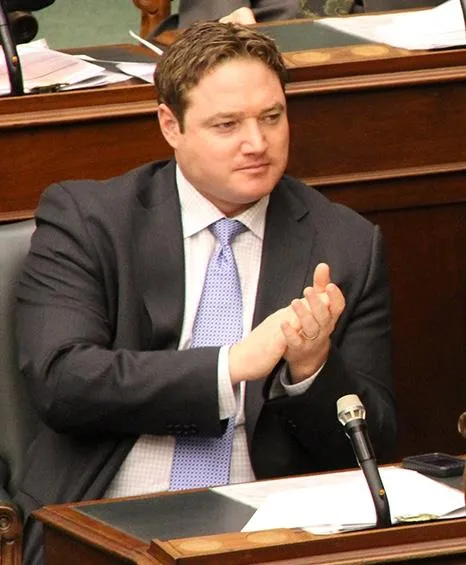
Campaign Advocacy and Engagement
Actively promoting and defending a particular cause, policy, or issue. by deploying activities such as lobbying, public campaigning, grassroots mobilization, and community outreach. By using direct advocacy, we aim to influence public opinion, shape public policies, and bring about social or political change. Effective advocacy and engagement strategies involve building relationships with key decision-makers, engaging with the public, and mobilizing supporters to take action.

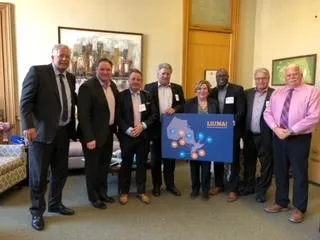
Crisis Management and Response
Preparing for and effectively managing unexpected events or situations that could harm the organization's reputation, operations, or stakeholders. It includes developing crisis response plans, establishing communication protocols, and implementing strategies to mitigate risks and handle crises effectively. Crisis management requires quick decision-making, clear communication, and coordinated actions to minimize the impact and restore trust and confidence in the organization.

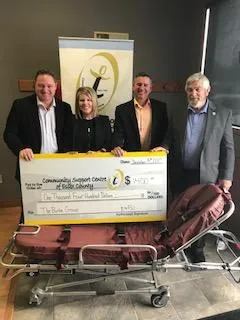
Monitoring and Adaptation
Continuously assess the progress, impact, and effectiveness of the organization's activities and strategies. It includes monitoring key performance indicators, collecting feedback, and analyzing data to identify areas of improvement or adjustment. By monitoring and adapting, organizations can stay responsive to changing circumstances, optimize their strategies, and ensure they are on track to achieve their goals.

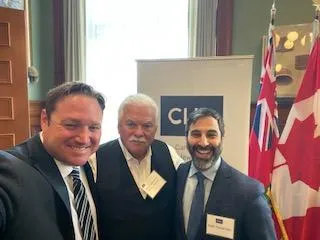
Media Training
Equipping individuals or spokespersons with the skills and knowledge to effectively communicate with critical decision makers, directors of public policy and media. It includes preparing individuals to handle media interviews, deliver key messages, and manage media interactions. Media training helps in building confidence, ensuring consistent and effective communication, and enhancing the organization's reputation and media relations.

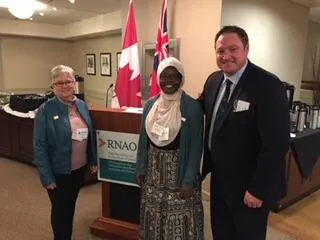
Ethical and Regulatory Compliance
Ethical and regulatory compliance involves adhering to ethical principles, industry standards, and legal requirements in all aspects of the organization's operations. It includes ensuring transparency, integrity, and accountability in decision-making, financial practices, marketing, and interactions with stakeholders. Ethical and regulatory compliance is essential for maintaining trust, avoiding legal risks, and upholding the organization's reputation and credibility.

Frequently Asked Questions
What are government relations services?
Government relations services involve activities focused on building and maintaining relationships with government officials, policymakers, and influencers to advocate for the interests of individuals, organizations, or industries. These services aim to navigate the complexities of government policies, regulations, and decision-making processes.
Why do organizations need government relations services?
Organizations often require government relations services to effectively engage with government entities and influence the development of policies and regulations that impact their operations. These services help organizations stay informed about legislative and regulatory changes, advocate for their interests, and mitigate risks by managing government relationships.
What are the key benefits of government relations services?
Some key benefits of government relations services include:
- Access to valuable insights and information about legislative and regulatory activities.
- Enhanced ability to influence policies, regulations, and decision-making processes.
- Mitigation of risks by proactively addressing potential issues and crises.
- Opportunities for collaboration and partnership with government entities.
- Improved public image and reputation management through effective communication strategies.
How do government relations professionals advocate for clients?
Government relations professionals advocate for clients by:
- Building and maintaining relationships with government officials and policymakers.
- Providing strategic advice and recommendations on engaging with relevant government entities.
- Participating in government meetings, hearings, and consultations to represent clients' interests.
- Developing persuasive communications materials, such as position papers and briefing notes.
- Monitoring legislative and regulatory developments and providing timely updates to clients
Why do organizations need government relations services?
Organizations often require government relations services to effectively engage with government entities and influence the development of policies and regulations that impact their operations. These services help organizations stay informed about legislative and regulatory changes, advocate for their interests, and mitigate risks by managing government relationships.
What are the key benefits of government relations services?
Some key benefits of government relations services include:
- Access to valuable insights and information about legislative and regulatory activities.
- Enhanced ability to influence policies, regulations, and decision-making processes.
- Mitigation of risks by proactively addressing potential issues and crises.
- Opportunities for collaboration and partnership with government entities.
- Improved public image and reputation management through effective communication strategies.
